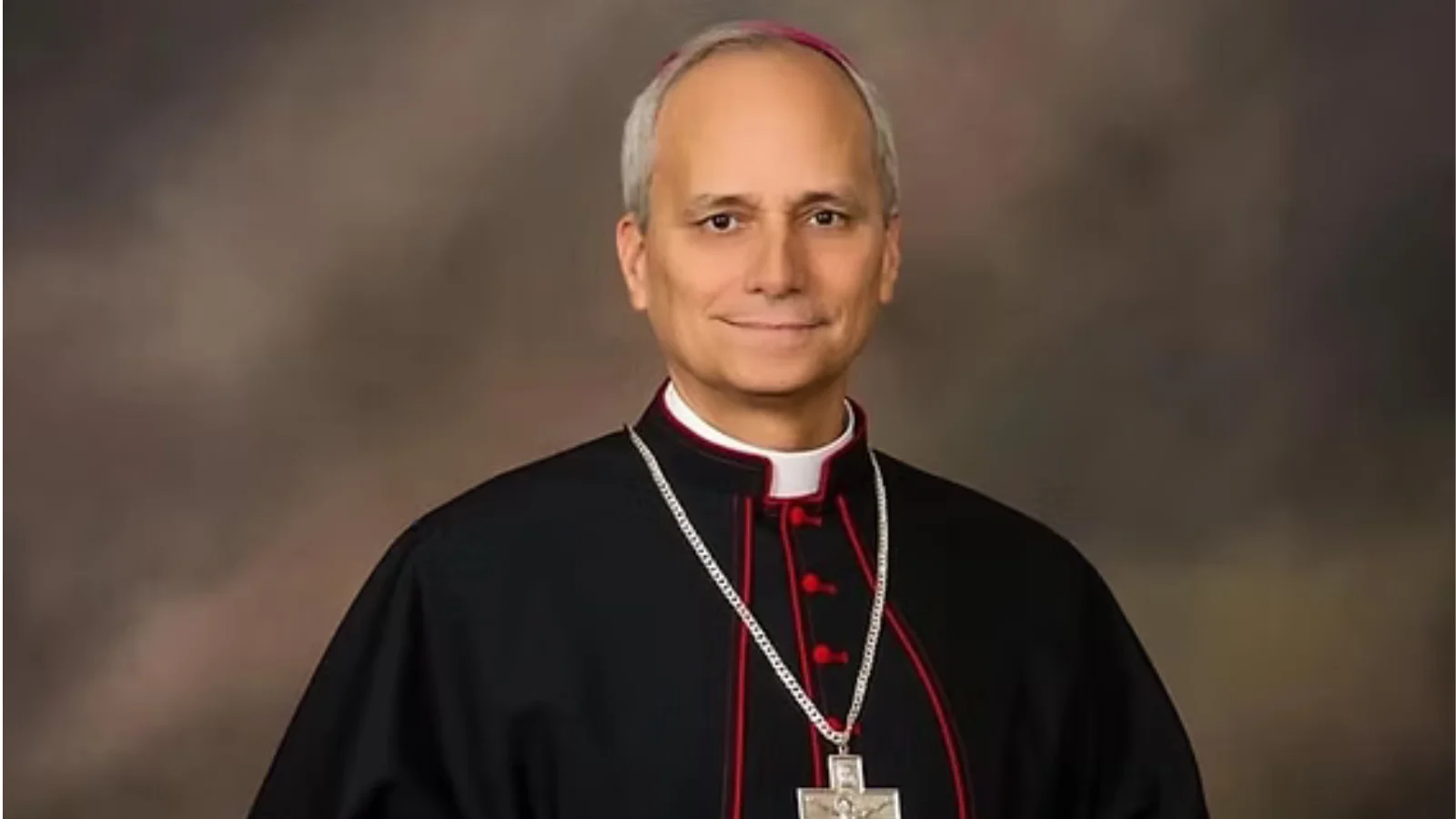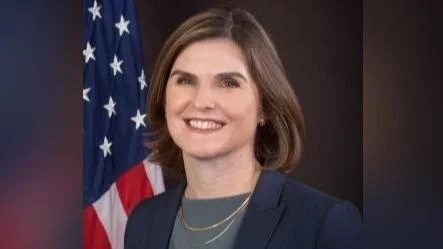Pope Leo XIV, the first U.S.-born pontiff, may offer a unique perspective on the issue of polarization in both the United States and its church, according to analysts. Maureen Day from the University of Southern California’s Center for Religion and Civic Culture remarked that while Rome is attentive to the U.S. church, Pope Leo's leadership will not be solely shaped by American issues. However, his familiarity with U.S. cultural nuances might set him apart from previous popes.
Recent studies highlight increasing partisanship in the U.S., with similar trends observed within the Catholic Church by its leaders. Father William Dailey from Notre Dame Law School noted that Pope Leo encourages focusing on unity rather than division. He advised against viewing Pope Leo's leadership through a narrow lens, emphasizing his role as a global leader.
The former Cardinal Robert Francis Prevost's political and social views were scrutinized upon his ascension to the papacy. His past social media activity showed criticism of certain policies like immigration under Trump but also highlighted calls for addressing gun violence and racism.
Both Day and Father Dailey see these views as aligned with church teachings. Day commented that Pope Leo prioritizes faith over politics, while Father Dailey observed little evidence of partisan engagement in his communications.
Day anticipates that Pope Leo will clearly articulate church teachings without shutting down dialogue with differing viewpoints. Father Dailey described Pope Leo’s early actions as Christ-centered and calm, noting his quiet assumption of papal duties without fanfare.
The late Pope Francis was sometimes criticized for lacking understanding of American contexts; however, critics may view Pope Leo as having an insider's perspective when he addresses American public life issues.
Kate Scanlon reports for OSV News from Washington.
 Alerts Sign-up
Alerts Sign-up






